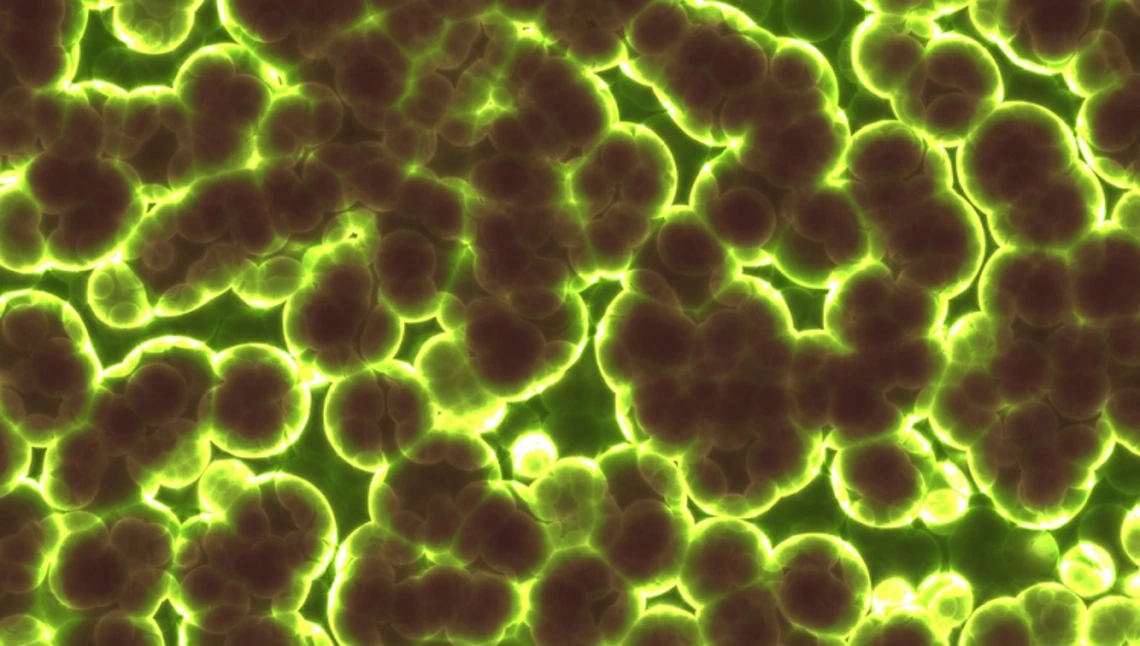Riedel-Kruse Using $3.2M Grant to Capture Methane with Bacteria

Associate professor of molecular and cellular biology and biomedical engineering Ingmar Riedel-Kruse is working with a researcher at Penn State to use synthetic bacteria to capture and convert methane. The National Science Foundation awarded Riedel-Kruse and Thomas Wood from Penn State a four-year, $3.2 million grant to "engineer biotechnology foundations" that can remove the greenhouse gas methane from the air through a process called anaerobic methane oxidation.
“These bacteria that capture methane are anaerobes,” Wood said in an interview with The National Tribune. “Although they grow very slowly – doubling only every 100 years – they capture methane gas pretty efficiently. We cannot culture them by themselves in the lab, but we have been able to clone their DNA.... These small, remote bioreactors will be used to capture methane at its source – fracking sites, landfills and wastewater treatment plants- and immediately convert it into electricity or valuable building-block chemicals that can be used in other compounds, such as alcohols, plastics and things that fuel our cars."
In addition to developing a new approach for converting methane into chemicals, the researchers will also study how the technology can be "disseminated in a socially and environmentally responsible manner," according to Riedel-Kruse. The NSF increased the award by $300,000 for this educational component. This addition will train high school science teachers to develop activities that help students learn about microbiology and the technologies developed from this grant.
